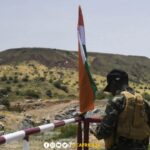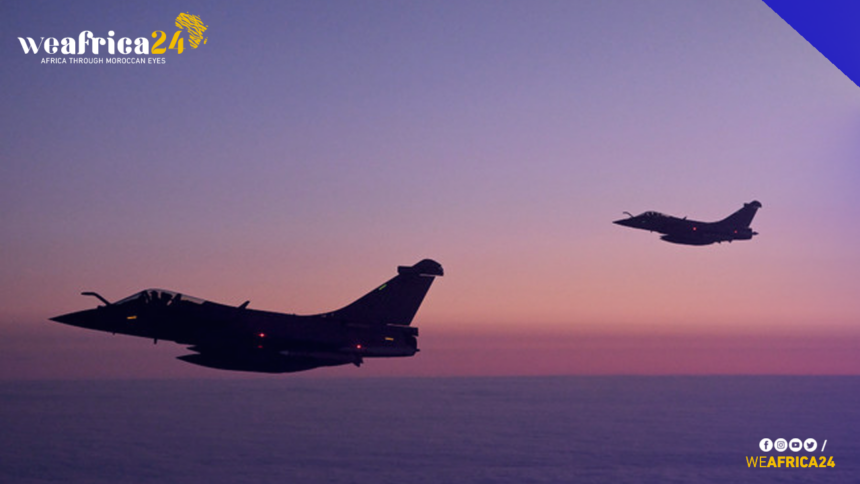The official Algerian radio reported on Tuesday that Algeria has turned down a request from France to open its airspace for French aircraft to launch an attack on Niger. This decision comes amid rising tensions in the region following the recent coup in Niger.
France had reportedly been preparing to execute its threats aimed at the military council in Niger, indicating possible military intervention if President Mohamed Bazoum is not released. However, Algeria, a nation that has consistently advocated against the use of force, firmly rejected France’s request. The Algerian radio stated that the response from Algeria was both clear and resolute, emphasizing its commitment to avoiding any form of violence.
Moreover, the rejection of France’s request for airspace access is accompanied by other significant developments in the ongoing crisis. The Economic Community of West African States (ECOWAS) declined a proposal put forth by the ruling military council in Niger. The proposal suggested holding elections within a three-year timeframe from the date of the July coup. This rejection by ECOWAS further complicates the political landscape and has the potential to prolong the current impasse.
ECOWAS and other international actors have been working diligently to find diplomatic solutions to the aftermath of the July 26 coup in Niger. This coup marked the seventh instance of political upheaval in West and Central Africa over the past three years. However, despite efforts at dialogue, ECOWAS has now taken steps to activate a regional force. Military leaders have indicated that this force stands ready for deployment should negotiations fail to yield viable solutions.
The Algerian Ministry of Foreign Affairs, in an earlier official statement, expressed its deep regret at the preference for a military approach in the Niger crisis. The ministry stressed that there remain unexplored opportunities for a political resolution to the ongoing crisis. It cautioned against the potential dangers posed by military interventions, pointing to the history of the region where such interventions have often exacerbated problems rather than resolved them.







